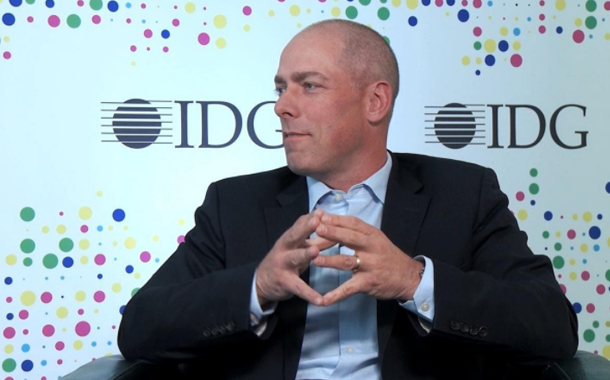To adapt to the current environment of a global pandemic, companies have provided their employees the tools they need to work remotely. According to research, it has increased their engagement and productivity. However, these gains are on the verge of being reversed. Employees believe they have been given too many tools and not enough efficient ways to execute, according to a new Citrix Systems study. And it is impeding their ability to get work done.
“People are working the same or more hours, but they’re accomplishing less because technology is getting in their way,” said Tim Minahan, Executive Vice President of Business Strategy, Citrix. “As companies organize around new, hybrid work models, they need to rethink the role of technology and how they apply it across their organizations so that employees, rather than being frustrated, are empowered to succeed.”
To assist the companies in this endeavour, Citrix undertook Work Your Way, a survey of 1000 IT decision makers and 2,000 workers across the United States conducted by OnePoll, this revealed a few significant trends:
App Sprawl is Out of Control
The number of tools employees are required to use to do their jobs has increased significantly, with 64% of workers using more communication and collaboration tools than they did prior to the pandemic and 71% saying these tools have made work more complex.
A New Digital Divide is Emerging
Work Your Way shows that nearly 90% of the respondents say they want the flexibility to continue to work at home and in the office post pandemic.
“Regardless of their physical location, employees need to be empowered with tools that provide a consistent, secure and reliable experience and allow them to work the way they work best,” Minahan said.
Digital Workspaces are the Future of Work
Savvy organisations recognise this and see the digital workspaces as a way to deliver it. With digital workspaces, companies can unify, secure and simplify work.
Almost 90% of participants in Work Your Way survey say their companies use digital workspace softwatre platforms to facilitate hybrid/distributed working. 72% of employees say they have improved productivity, and 77% indicate they have aided collaboration.
“In creating a layer between employees and the technology that frustrates them, companies can empower them to efficiently engage with the apps they need to execute work and achieve their goals,” Minahan said.





